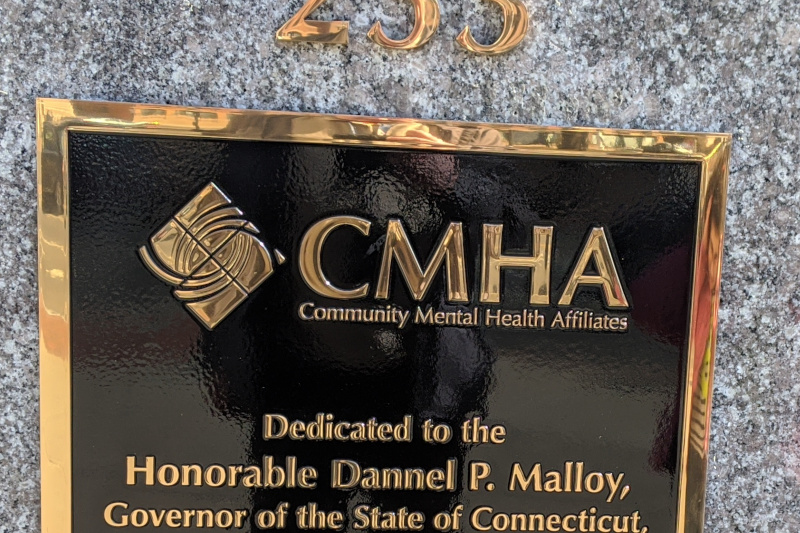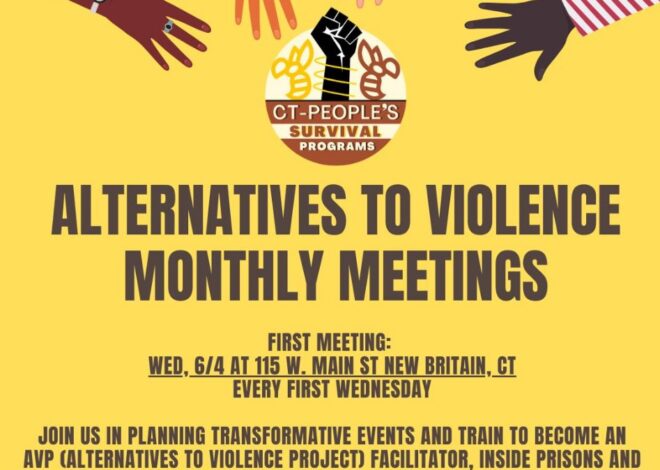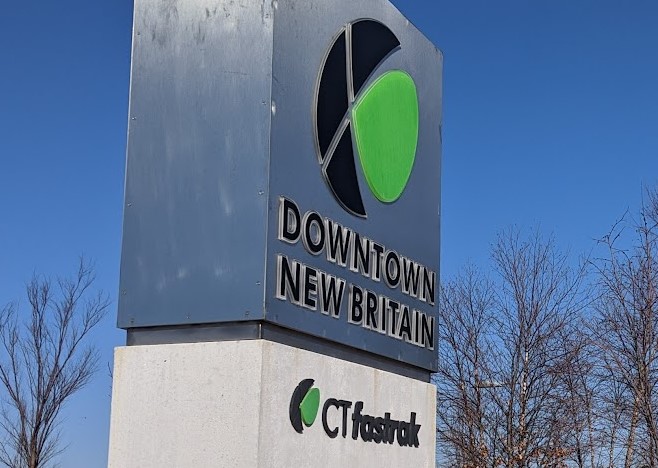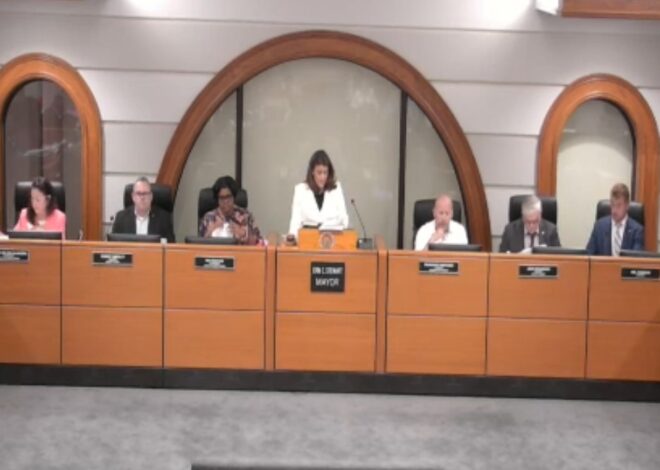Community Mental Health Affiliates, Inc. (CMHA) and The Spott Unlimited, Inc. have announced a new community-oriented collaboration.
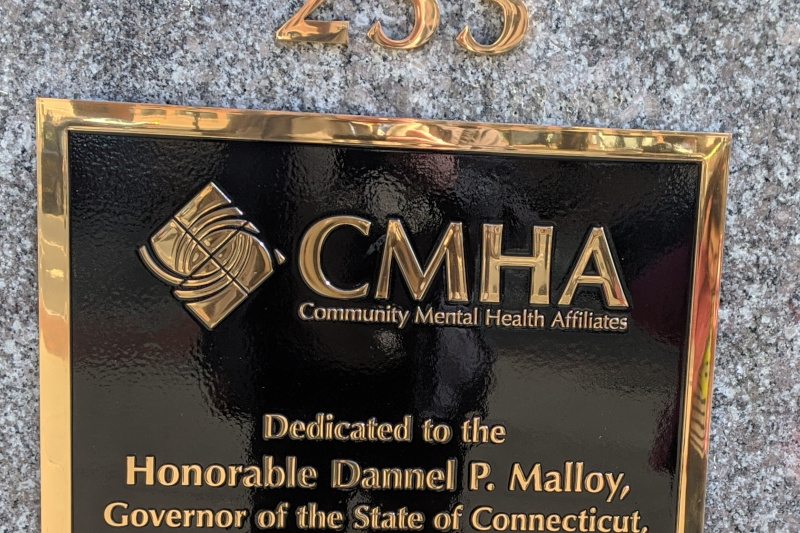
The Spott Unlimited, Inc., the press release announcing the program says, “is a nonprofit recovery-based service gleaned from The Spottswood African Methodist Episcopal Zion Church in New Britain,” which is collaborating with CMHA, “the region’s leading behavioral health care provider for over 45 years,” in order to, “to provide Recovery Support Services for people residing in the Greater New Britain area, who are struggling with behavioral health or substance use disorders.”
The press release says that the collaboration,
will include the placement of 8-10 recovery assistants at The Spott Unlimited, Inc. Trained in community trauma response and suicide prevention by the New Britain EMS Citizens Academy and Amplify’s Congregational Assistance Program (CAP), the Recovery Assistants will be overseen by a Certified Recovery Coach and Spott Unlimited, Inc. community member, Tim Feeney.
“I don’t have any agenda,” Feeney said of the program. “I just help people if they’re in need. I’m in recovery, and treat everyone as a human being, with kindness and compassion, because everyone is recovering from something – it could be addiction, gambling, or violence.”
Reverend Samuel C. Blanks, Pastor of Spottswood AME Zion Church said that, “It’s a matter of heart for us – the people who have been working in the trenches. We can reach people where they are, we’ve got the approach for it, and we can serve the community in a way that is needed, but not always addressed,” praising how the collaboration with CMHA can build up the existing positive work of HELP Ministries.
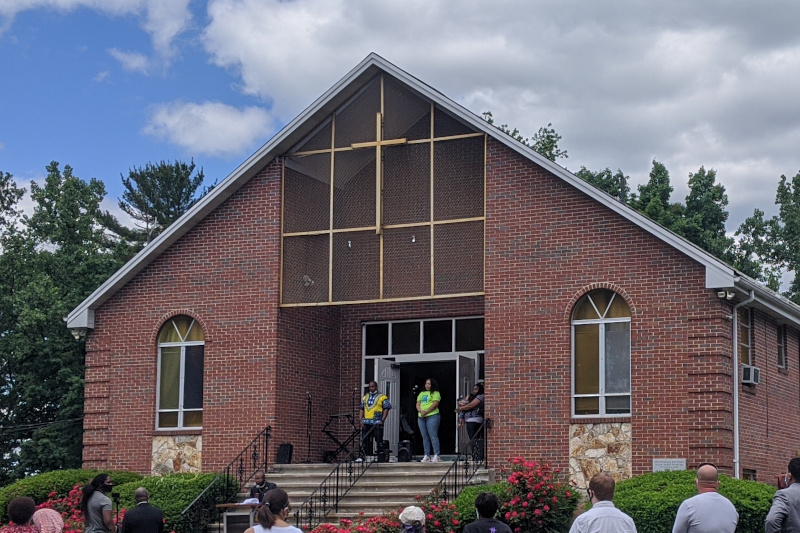
The Spott Unlimited, Inc. is to provide assistance connecting people with, “services and resources such as housing, clothing, toiletries, and food.” The press release says that,
Feeney and the Recovery Assistants will connect individuals to outpatient, or inpatient care for their substance use or behavioral health concerns, with CMHA services available to conduct assessments if needed. CMHA will accept referrals of individuals from post-detox, inpatient, or outpatient care; any individual ready to begin their path to Recovery will be welcomed at CMHA.
Feeney, who the press release said is, “also a Narcotics Anonymous Sponsor, saw this need for resource linkage in his community first hand and sought to make a difference by establishing HELP Ministries (Helping Everyone’s Life Prosper) almost 10 years ago.”
Oversight for the program will be provided by Dr. Marie M. Spivey and Michele Stewart Copes of System for Education, Equity, & Transition (SEET LLC), who the press release says have, “partnered with CMHA on several previous initiatives.”
Dr. Spivey pointed out that, “This is a vitally important approach. This involves people talking to individuals in the community to connect them directly with services that may help them.”
“I don’t believe anyone else is doing this,” Stewart-Copes noted. “I really think what we are doing here in New Britain, [partnering with faith-based organizations] is groundbreaking.”
Dr. Spivey explained that,
Data shows the need for improved services for these communities, but the people in them are never really asked what they need. It’s discussed, data is collected, but the community is seldom given the opportunity for further input. However, we can bring them [the data and the people] together, develop better leadership, and – in that way – provide better access to resources and services.
Stewart-Copes pointed out that,
Behavioral health is often stigmatized when it comes to people of color. We don’t have a proportional number of individuals accessing care as compared to other communities or groups. A lot of people of color are falling through the cracks. Disparities in care have been made so much more evident during the Covid-19 pandemic. This is so timely; it is wonderful that we are offering this program at this moment.
The program directs those interested in learning more, including, “therapy and support groups to Medication Assisted Treatment (MAT),” to call 860-224-8192 or [email protected].
Editor’s note (4/23/2021): The article was updated with comments missed in the initial writing from Dr. Marie M. Spivey and Michele Stewart Copes. Apologies for the oversight.

